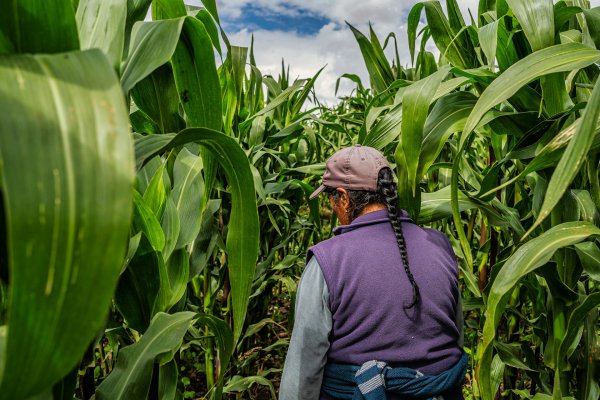New study uses isotope ratio mass spectrometry to analyse origins of falsified antimalarials
New work from the Medicine Quality Group at IDDO and MORU pilots the use of stable isotope mass spectrometry to estimate where falsified antimalarials and their components come from. The study, published in Scientific Reports, is a collaboration between the Medicine Quality Research Group, LOMWRU, and MORU Bangkok, working with stable isotope scientists in Utah, USA.

The isotopic composition of materials can yield clues to their origin: oxygen isotopes can provide geolocation information related to global variations in environmental water, while carbon isotope compositions can be linked to differences in photosynthetic pathways of plants. Such clues have previously been used by researchers to estimate the African origins of ivory seized in Asia.
Led by Professor Paul Newton, the research team used the same techniques and found that the starch stable isotope signatures differed between the falsified and the genuine samples. Maize starch is a common component in many medications, including in falsified antimalarials. Therefore, they also compared the signatures of maize starch of known geographical origin, to produce a comparison dataset. The analysis supports that the pattern of oxygen stable isotopes (that vary geographically by rainfall) could predict where the maize was actually grown.
Professor Paul Newton said “These findings suggest that this kind of isotope ratio mass spectrometry may be a useful tool for profiling falsified antimalarials and for estimating where the maize yielding the starch excipients were grown.” These findings are being further investigated as part of the FORESFA project.
The Medicine Quality group’s ongoing FORESFA (Forensic Epidemiology and Impact of Substandard and Falsified Antimicrobials) project is a collaborative project which adapts and evaluates forensic tools to identify sources and trade routes of substandard and falsified antimicrobials: Forensic Epidemiology and impact of Substandard and Falsified Antimicrobials
Read the full paper: Forensic investigation of falsified antimalarials using isotope ratio mass spectrometry: a pilot investigation

